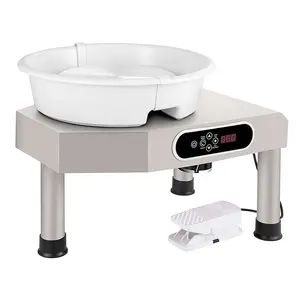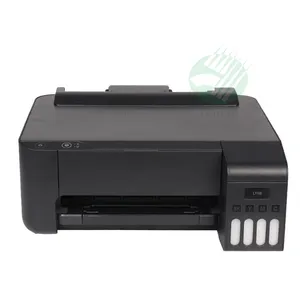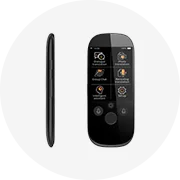Beliebt in Ihrer Branche





































































Top-Kategorien
Über aufhängung spiralfeder
Kaufen Sie noch heute Laptops und aufhängung spiralfeder zu erstaunlichen Preisen auf Alibaba.com. Nicht alle aufhängung spiralfeder sind mit allem ausgestattet, was jede Benutzerklasse benötigt. Abhängig von Ihrem Zielmarkt möchten Sie sich möglicherweise mit verschiedenen Typen, Modellen und Marken von PC-Laptops eindecken.
Der Großhandel aufhängung spiralfeder, den Sie finden können Alibaba.com umfasst eine breite Palette. Egal, ob Sie nach Gaming-Laptops, Allzweck-Laptops, aufhängung spiralfeder-Arbeitslaptops oder kreativen Laptops suchen, Sie können sie hier kaufen. Es gibt auch Chromebook-Laptops, die über mehrere Funktionen verfügen, aber ein abgespecktes Betriebssystem haben, das sich mehr auf webbasierte Anwendungen und das Google-Ökosystem stützt. Sie können auch faltbare Laptops, ultraflache Laptops oder Großhandels-aufhängung spiralfeder mit Touchscreens anbieten. Diese fortschrittliche Hardware ist derzeit sehr gefragt, da sie eine größere Flexibilität bietet als ihre Gegenstücke. Diese Laptops können eine Vielzahl möglicher Aufgaben abdecken. Es gibt einige Notebooks oder Computer, die Ihnen Funktionen bieten, die sowohl entspannend als auch sehr innovativ sind. Gaming-Laptops verkaufen sich besonders schnell, da diese Produkte nicht nur wegen ihrer Leistung für Spiele, sondern auch als Computer für den persönlichen Gebrauch und für die Arbeit gefragt sind.
Alibaba.com bietet eine große Auswahl an aufhängung spiralfeder mit innovativen Spezifikationen, die mit Sonderangeboten verkauft werden. Möchten Sie tolle aufhängung spiralfeder bei Mengenrabatten? Kaufen Sie jetzt ein, um bemerkenswerte Angebote für Touchscreen-Laptops und mehr zu erhalten.






















